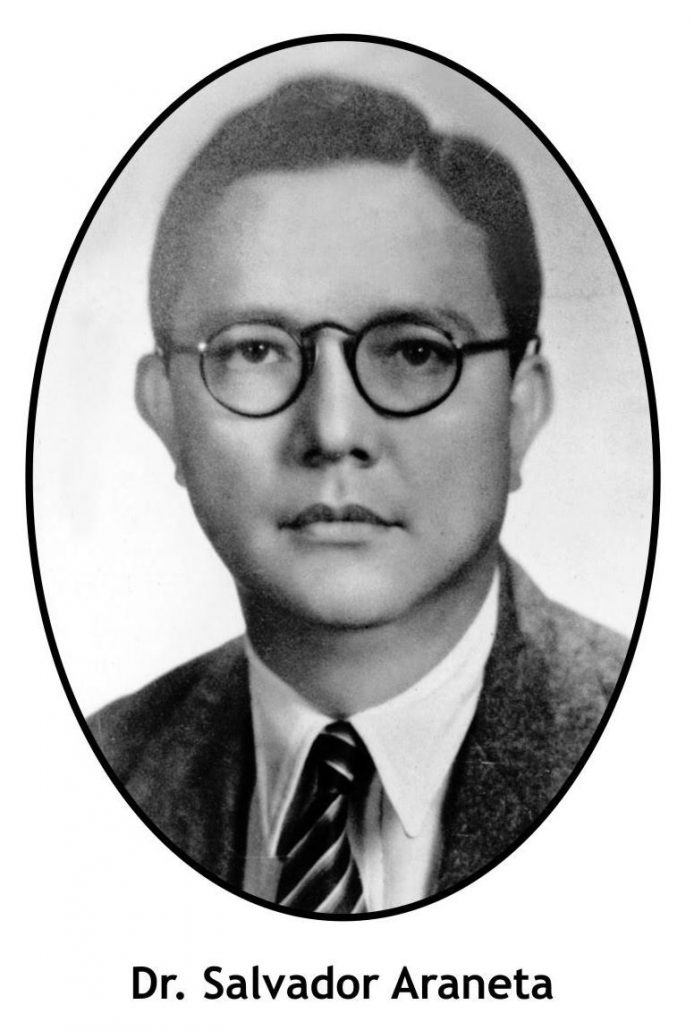 PROVISIONS OF THE 1987 CONSTITUTION AND REPUBLIC ACTS CITED
PROVISIONS OF THE 1987 CONSTITUTION AND REPUBLIC ACTS CITED
- Article VII, Section 5 – Oath of Office
- Article II, Section 1 – Declaration of Principles and State Policies, Sovereignty resides in the people.
- Preamble
- Article XIV, Sec. 3 (1) All Educational Institutions shall include the study of the Constitution.
- Article I – National Territory.
- Article II – Declaration of Principle and State Policies.
Sec. 1 – Philippines is a democratic and republican state, sovereignty resides in the people.
Sec. 2 – The Philippines renounces war as an instrument of National policy.
Sec. 3 – Civilian Authority is at all times supreme over the military.
Sec. 4 – Prime duty of the government is to serve and protect the people.
Sec. 5 – The maintenance of Peace and Order, the protection of life, liberty and property.
Sec. 7 – State Policies, the State shall pursue an independent foreign policy.
Sec. 9 – The State shall promote a just and dynamic social order that will ensure the prosperity and independence of the nation.
Sec. 10 – The State shall promote social justice.
Sec. 11 – The State values the dignity of every human person.
Sec. 12 – The State shall recognize the sanctity of the family life.
Article III Bill of Rights
Sec. 1 – No person shall be deprived of life, liberty or property without due process, nor denied the equal protection of the law.
Sec. 2 – The right of the people to be secure in their persons, houses, papers and effects against unreasonable searches and seizures.
Sec. 3 – (1) The privacy of communication and correspondence. (2) Any evidence obtained in violation of this or the preceding section shall be inadmissible for any purposes in any proceeding.
Sec. 11 – Free access to the courts.
Sec. 12 – (1) Any person under investigation for the commission of an offense shall have the right to be informed of his right to remain silent (Miranda Law).
(2) No torture, force, violence, threat, intimidation or any other means which vitiates the free will shall be used against him.
(3) Any confession or admission obtained in violation of this or Sec. 17 thereof shall be inadmissible in evidence against him.
(4) The law shall provide for penal and civil sanctions for violations of this section as well as compensation to and rehabilitation of victims, of torture, or similar practices and their families.
Sec. 13 – All persons except those charged with offenses punishable by reclusion perpetua, when evidenced of guilt is strong, shall, before conviction, be bailable by sufficient sureties…
Sec. 14 – (1) no person shall be held to answer for a criminal offence without due process of law.
(2) In all criminal prosecutions, the accused shall be presumed innocent until the contrary is proven.
Sec. 15 – The privilege of the Writ Habeas Corpus shall not be suspended except in cases of invasion, or rebellion or when the public safety requires it.
Sec. 16 – All persons shall have the right to a speedy disposition of their cases before all judicial, quasi0judicial, or administrative bodies.
Sec. 17 – No person shall be compelled to be a witness against himself.
Sec. 18 – (1) No person shall be detained solely by reason of his political belief and aspirations.
(2) No involuntary servitude in any form shall exist except as a punishment for a crime whereof the party shall have been duly convicted.
Sec. 19 – (1) excessive fines shall not be imposed, nor cruel, degrading or inhuman punishment inflicted.
(2) The employment of physical, psychological, or degrading punishment against any prisoner or detainee or the use of substandard or inadequate penal facilities under subhuman conditions shall be dealt with by law.
With regards the Philippine National Police, Article XVI Sec. 6 – The State shall establish and maintain one police force, which shall be national in scope and civilian in character, to be administered and controlled by a national police commission. The authority of local executives over the police units in their jurisdiction shall be provided by law.
Under Article XVI Sec. 5 – (1) All members of the Armed Forces shall take an oath or affirmation to uphold and defend this Constitution.
(2) The State shall strengthen the patriotic spirit and nationalist consciousness of the military, and respect for people’s right in the performance of their duty.
(3) Professionalism in the armed forces… no member of the military shall engage directly or indirectly in any partisan political activity except to vote. (This should include any issue that leads to a vote.) . (To be continued/PN)

